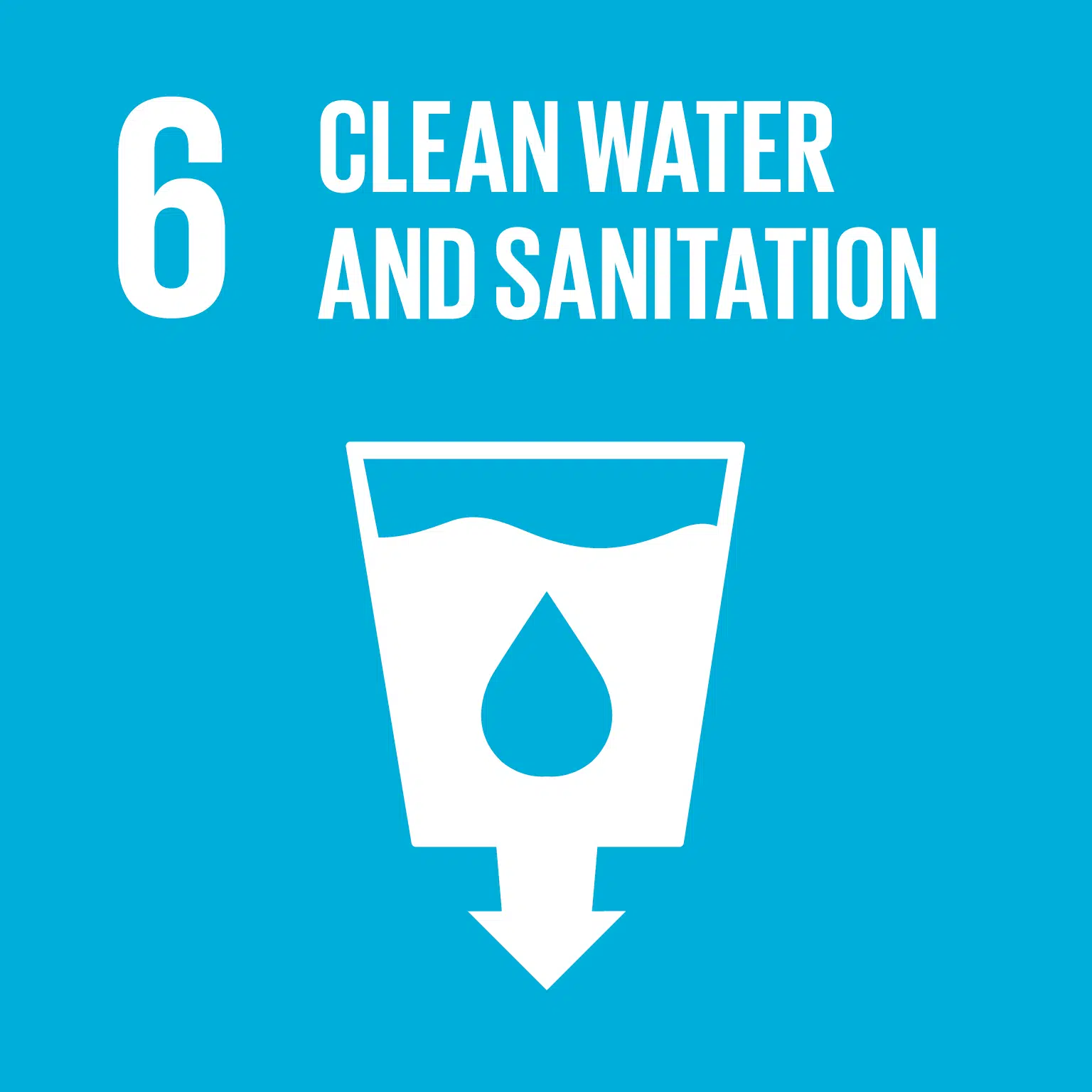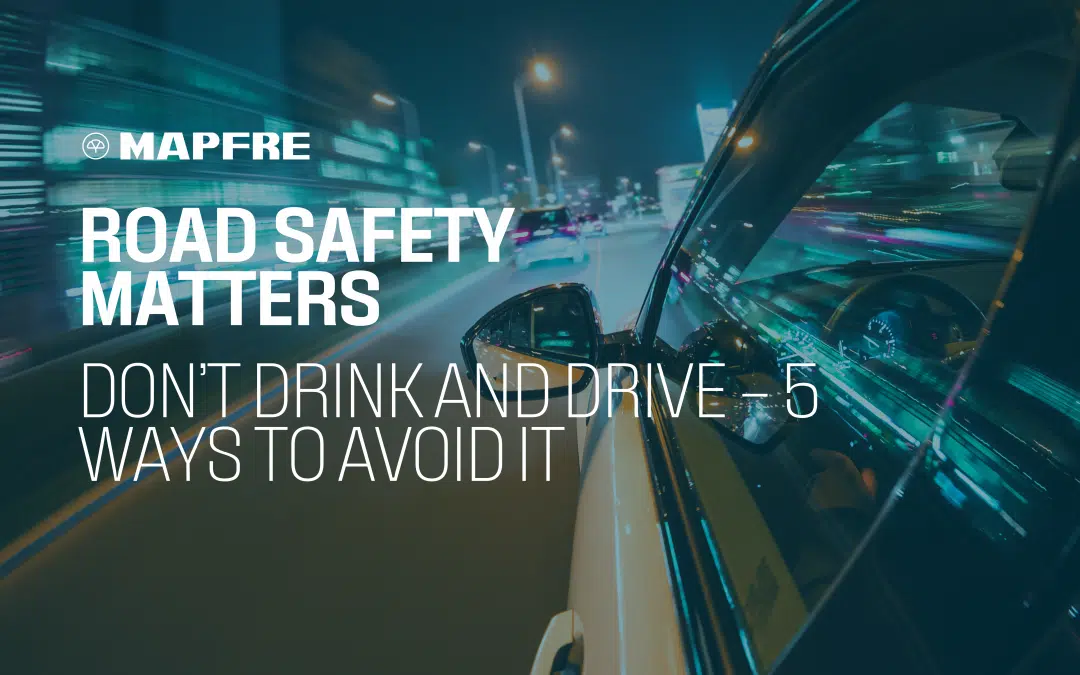SDG 6: Clean Water and Sanitation
More than 40% of the world’s population suffers from water scarcity, and 1.7 billion people live in locations where water use exceeds available water supplies. Around 2.4 billion people do not have access to basic sanitation facilities like latrines or toilets, and 80% of wastewater generated by human activity is dumped directly into rivers and seas without being cleaned up. At least 1.8 billion people must drink water that has been contaminated by human waste. Around 70% of the water taken from rivers lakes and aquifers is used for irrigation.
What can you do in your daily life to support access to sanitary facilities and clean water?
- To use in your daily routine, choose chemicals- and environment-friendly items.
- Avoid pouring frying oil down the drain
- You can conserve water in your home by investing in water treatment.
- Avoid taking long showers or leaving the faucets open while not in use, turn off the lights when not in use, unplug any unused equipment from the electrical sockets,
- Always dispose of trash properly by tying the bags securely.



